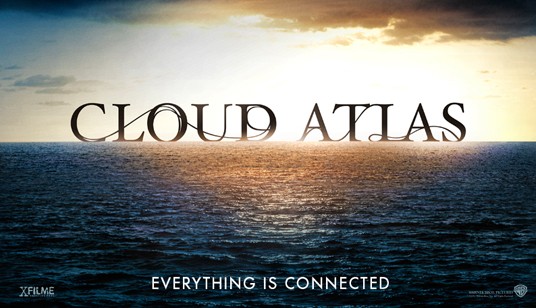"You furnish the pictures and I'll furnish the war."~~William Randolph Hearst
My good friend Victor "Stillwater" Barreiro asked my opinion on a piece he wrote for Rappler a day or two ago. He's concerned about his neutrality and integrity as a games journalist. (He also has a blog over at Games and Geekery):
Anyway, back to Stillwater's dilemma. When journalists, whether in the games industry or not, express their opinions in good faith, they need not worry about baseless criticism and accusations of corruption. If you report something that is false, but in good faith, all you can do later is set it right by reporting the truth. As long as you weren't lying in the first place, intentionally misleading your audience, you have done nothing wrong. You're biased, but if you're honest about your bias, write on.
But what do I know? I'm just a damn dirty blogger.
My good friend Victor "Stillwater" Barreiro asked my opinion on a piece he wrote for Rappler a day or two ago. He's concerned about his neutrality and integrity as a games journalist. (He also has a blog over at Games and Geekery):
As Rappler editor at large Marites Vitug wrote recently, it’s been suggested that as many as 9 out of 10 [Filipino] journalists are corrupt, with the extent of their corruption varying in degrees. The problem appears to be something caused by a number of factors, such as vested corporate interests, a lack of editorial independence, the need for money to survive, a desire for acceptance among corrupt peers, or simply not knowing whether an act is wrong because it has become common practice.If the need to survive is an indicator of corruption, then pretty much the entire human race—and several other species—are guilty of corruption. I realize that people can behave unethically, but I don't believe that is our default setting. No offense, but journalists have an overinflated sense of neutrality that can lead to false concerns over "corruption." There are corrupt journalists, to be sure. I am also sure Victor is not one. Meanwhile, critics have an ever expanding outlet for trolling people they disagree with:
A short time after [a corruption scandal broke] I was also accused of being on the take. . . The simple reason was that I wrote an opinion column about my excitement for a game’s reboot based on the information provided by various sources.I was reading last night about incidents of corruption over the past decade or so at the American Red Cross. Some cases were patently unethical, if not illegal: embezzlement, theft of goods, sexual misconduct. Other cases were occasions where I feel the ARC was correct, or behaved ethically, then was criticized unjustly. For example, the organization was warned against appearing to endorse corporate donors, like Coca Cola and Anheuser-Busch, who donated bottled water in support of Hurricane Katrina disaster relief. What was the ARC supposed to do, not accept the water? On other occasions they had donations in excess of what was needed to accomplish their mission for a given disaster, but were prevented from diverting those funds improve their ability to respond to future relief efforts. Then they were criticized for being unprepared. Heads rolled. The whole reading riled me up almost to Hulk levels. Just ask Sctrz.
Anyway, back to Stillwater's dilemma. When journalists, whether in the games industry or not, express their opinions in good faith, they need not worry about baseless criticism and accusations of corruption. If you report something that is false, but in good faith, all you can do later is set it right by reporting the truth. As long as you weren't lying in the first place, intentionally misleading your audience, you have done nothing wrong. You're biased, but if you're honest about your bias, write on.
I want to be criticized for my opinions and my representations of entities in my writing. This is not because I can adequately defend myself, but because it makes me accountable for the things I say and the facts I write, and if new information comes to light, I must work to ensure my writing remains accurate. This is because journalists work to inform the public.Journalistic integrity is admirable, and to be sought after. Journalists need to be accountable for their writing. But journalists are human, with human foibles. Except for Andersuperman Cooper.
But what do I know? I'm just a damn dirty blogger.









